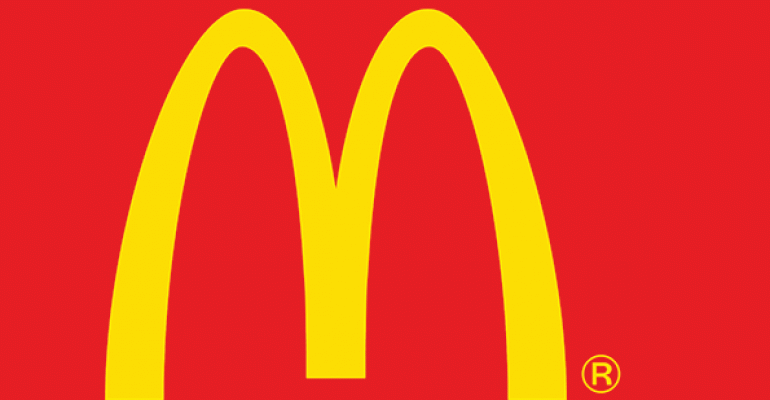McDonald’s Corp. is making another run at delivery through a partnership with UberEATS at nearly 200 restaurants in Florida, the company said this week.
Starting in January, customers in Orlando, Tampa and Miami will be able to have McDonald’s delivered to their door after ordering digitally on the UberEATS website or mobile app.
The partnership comes 18 months after Oak Brook, Ill.-based McDonald’s began testing delivery in New York City through a deal with Postmates. McDonald’s has been available on other delivery platforms for some time.
Becca Hary, a McDonald’s spokeswoman, said the quick-service operator had limited tests in other markets to garner customer feedback. The Florida test with UberEATS will continue that effort.
Kevin Kopelman and Andrew Charles, analysts with Cowen and Company, said in a note Friday morning that McDonald’s is likely paying a commission to UberEATS that would minimize fees associated with delivery — and, theoretically, increase usage of the service.
Such an arrangement would be a first for McDonald’s, and explains why the Florida test is a further step down the delivery line than previous efforts.
“We see the test as a positive sign for both consumer demand and restaurant concept supply in food delivery, and the outcome could be an important data point for the industry,” Kopelman and Charles wrote.
Cowen also sees the test as a “vote of confidence” for UberEATS, which has expanded to 29 markets in the U.S. and 56 markets around the world since it launched one year ago.
Quick-service restaurants have been working on delivery in various forms in recent years, usually through partnerships with third parties. But large-scale quick-service chains have yet to fully embrace the idea.
Cowen said delivery presents some challenges for quick-service restaurants, in part due to lower average checks, compared with fast-casual and casual-dining concepts. The higher average check for the other sectors “makes it easier to optimize delivery unit economics,” the analysts wrote.
In addition, quick-service restaurants get about two-thirds of business at the drive-thru, and these concepts have spent significant resources to ensure speedy drive-thru service.
Cowen noted that by adding delivery, quick-service restaurants could hurt their signature speed by slowing throughput, which could, in turn, hurt sales at the drive-thru.
But, “This is a risk that we believe [McDonald’s] has carefully weighed, as operators are a key consideration for new initiatives at the brand,” Cowen wrote.
McDonald’s has increasingly focused on adding new elements in a bid to generate more traffic and evolve in a changing restaurant market.
The company is expanding its “Experience of the Future” concept, which includes kiosk ordering and table service, to more markets. It is also serving different sizes of Big Macs for at least a limited time, and is testing Big Macs that feature Sriracha sauce.
Contact Jonathan Maze at [email protected]
Follow him on Twitter: @jonathanmaze

